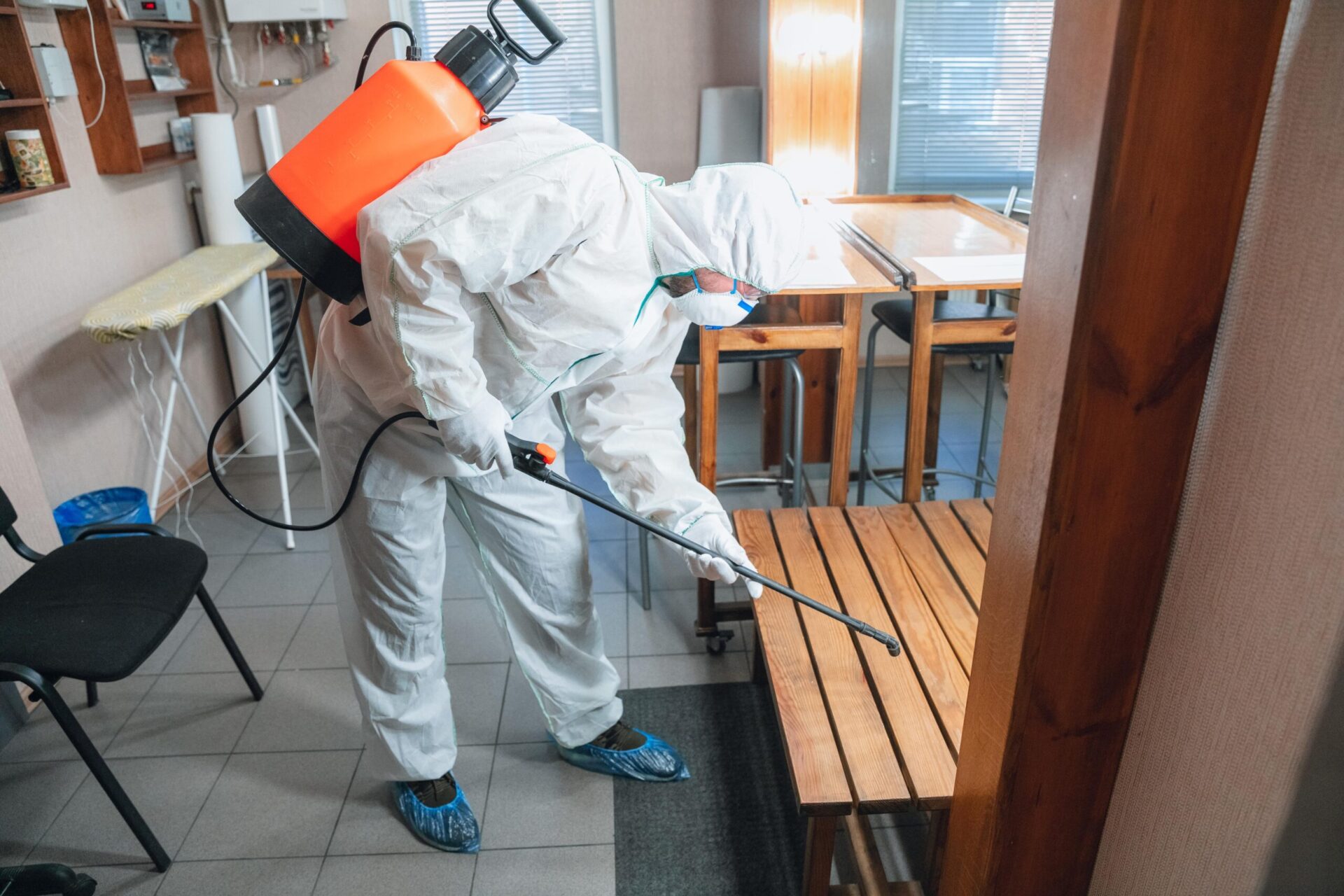The Sunshine Coast has a warm, humid climate perfect for mould growth. Homeowners and property managers need to check for mould to protect their investments and health. Mould can harm a property’s value and pose health risks to those living or working there.
The Sunshine Coast’s coastal environment is ideal for mould. High humidity and changing weather patterns help mould spread quickly. If not stopped, mould can damage buildings and cause health issues for people inside.
Key Takeaways
- The Sunshine Coast’s humid climate makes properties susceptible to mould growth.
- Mould can devalue a property and pose health risks to occupants if left untreated.
- Regular mould inspections are essential to identify and address issues before they escalate.
- Professional mould inspection services can utilize advanced detection technologies to provide comprehensive assessments.
- Proactive prevention strategies and long-term solutions are crucial for maintaining a healthy, mould-free environment.

Understanding the Climate Impact on Mould Growth in Coastal Areas
The Sunshine Coast’s coastal climate is perfect for mould growth. High humidity and sea breezes make it ideal. Knowing this helps in stopping mould in coastal homes.
High Humidity Levels and Coastal Weather Patterns
The Sunshine Coast’s closeness to the ocean means it’s always humid. Sea breezes and rain help mould grow. This is a big problem for those living here.
Seasonal Variations Affecting Mould Development
Seasons change how mould grows on the Sunshine Coast. In warm, humid months, mould spreads fast. In cooler, drier times, it grows slower. Keeping an eye on these changes helps fight mould.
Common Areas Prone to Mould in Coastal Properties
- Bathrooms: Moisture, poor air, and condensation make them mould hotspots.
- Basements and crawl spaces: Dampness and bad air make them perfect for mould.
- Walls and ceilings: Leaks, water damage, or high humidity attract mould here.
- Window frames and sills: Condensation around windows can cause mould.
Knowing the climate’s role in mould growth helps prevent it. Property owners and experts can act early to stop mould problems.
Health Risks Associated with Untreated Mould Exposure
Mould exposure can be harmful, especially in humid places like the Sunshine Coast. Not dealing with mould in your home or office can harm your health.
Mould can hurt your breathing. It can cause asthma attacks and make breathing problems worse. People with weak immune systems, the elderly, and young kids are at higher risk.
- Respiratory issues, such as coughing, wheezing, and shortness of breath
- Allergic reactions, including sneezing, runny nose, and skin irritation
- Headaches, fatigue, and dizziness
- Increased risk of respiratory infections and pneumonia
Mould exposure can also lead to other health problems. These include neurological issues, hormone imbalances, and even some cancers. The longer mould is ignored, the bigger the health risks.
| Health Risk | Potential Symptoms |
|---|---|
| Respiratory Issues | Coughing, wheezing, shortness of breath, asthma attacks |
| Allergic Reactions | Sneezing, runny nose, skin irritation |
| Neurological Issues | Headaches, fatigue, dizziness |
| Infection Risk | Increased susceptibility to respiratory infections and pneumonia |
It’s important to get a mould inspection and fix the problem on the Sunshine Coast. Early action against mould health risks can prevent serious problems. This keeps your home or office safe and healthy.

Professional Mould Inspection Sunshine Coast Services
Advanced Detection Technologies
Professional inspectors use thermal imaging and moisture meters. Thermal cameras find hidden moisture spots where mould thrives. Moisture meters help map out moisture levels, guiding the fix.
Comprehensive Assessment Procedures
The last step is creating detailed reports of the findings. These reports tell homeowners about mould growth, health risks, and how to fix it. They are useful for future upkeep and planning.Professional mould inspection services help Sunshine Coast residents tackle mould issues. This keeps homes safe and healthy.
Prevention Strategies and Long-term Solutions
To stop mould in Sunshine Coast homes, we need a few steps. Keeping up with maintenance and controlling moisture are key. Good ventilation and smart building design help a lot too.Homeowners in the Sunshine Coast should check their homes often. They should fix any moisture or dampness right away. Fixing leaks, improving drainage, and better airflow can prevent mould.
Moisture Control and Ventilation
Good ventilation is key for stopping mould in coastal homes. Make sure air flows well, especially in wet places like bathrooms and kitchens. Using dehumidifiers and fans can also help a lot.
Building Materials and Design
Choosing the right materials and design is important for mould prevention Sunshine Coast. Use materials that resist mould, like cement boards and special paints. Also, design your home to let air flow and keep moisture down.
Coastal Property Maintenance
Keeping up with coastal property maintenance is crucial. Homeowners should have a plan that includes:
- Checking for leaks and fixing them fast
- Cleaning and treating mould spots
- Keeping drainage and ventilation right
- Using mould-resistant materials for repairs
By taking a full approach to prevention, Sunshine Coast homes can stay mould-free. This keeps homes healthy and comfortable for everyone.
Conclusion
The Sunshine Coast’s climate and coastal setting make mould inspections key for property health. High humidity and seasonal changes can lead to mould growth in homes and businesses. This is especially true in areas prone to moisture.
Knowing the dangers of mould is the first step to protecting your property. By working with a mould inspection service, you can find and fix mould issues. This keeps your place safe and valuable.
Regular checks and prevention are vital for your property’s health. Taking action now can prevent expensive repairs and health risks. Enjoy the Sunshine Coast’s beauty and comfort, free from mould worries.
